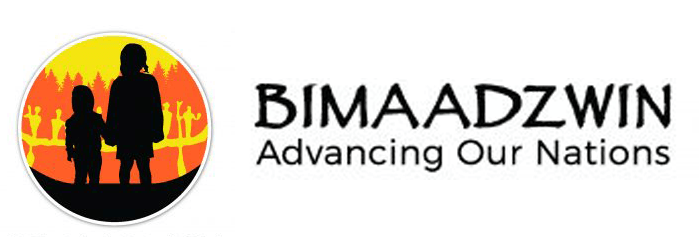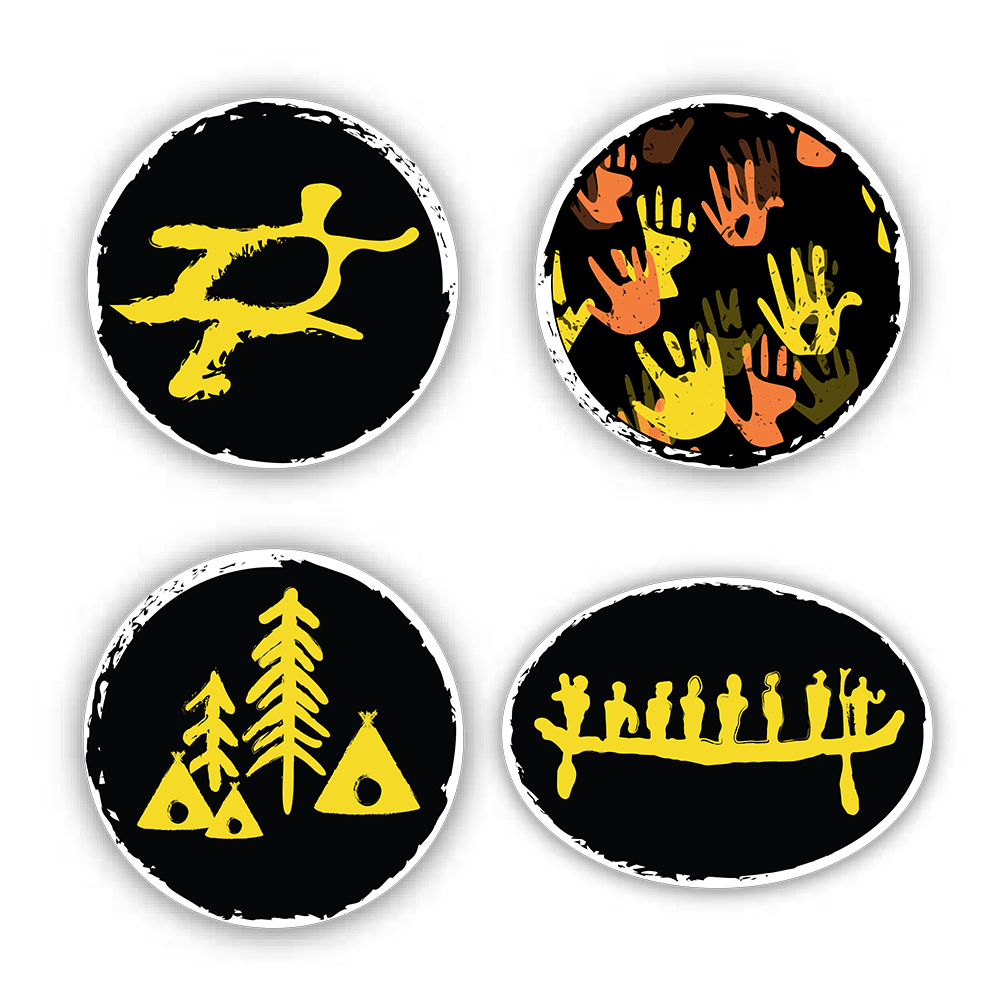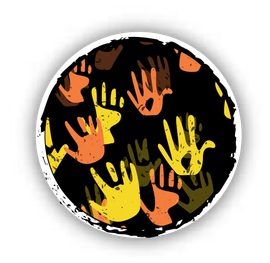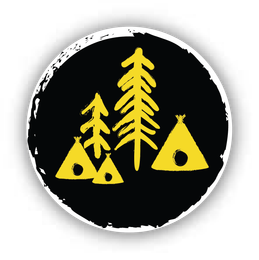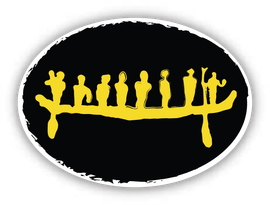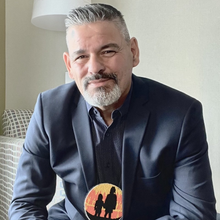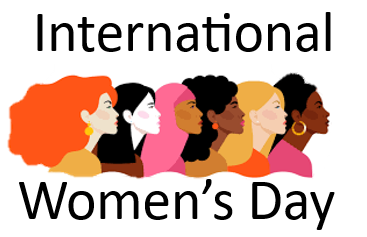For up to the minute updates, follow Bimaadzwin on Twitter.
BIMAADZWIN
WHO WE ARE
Bimaadzwin – which means “life” or “good path” in Anishinaabe – was incorporated in July 2018 by former Ontario Regional Chief Isadore Day. The driving purpose of Bimaadzwin is to Advance Our Nations through Nation Building.
Our Peoples need to create happy, healthy communities through self-governance and economic development that focuses on First Nation jurisdiction. We are the land. There is much work to be done with government, business, and society to improve outcomes in all areas – economic, health, governance, and justice.
Bimaadzwin is here to assist our Peoples in doing the work necessary to begin building better lives now, and to create a legacy of prosperity for our children.
The use, connection and control of land is by far the most fundamentally central, and critical struggle faced by Indigenous Peoples on Turtle Island and across the planet. In the 21st Century, many intersecting issues, policy discussions, and opportunities arise out of key relationships to land once fully occupied by Indigenous Peoples.
Social issues and impacts of colonial control of Nations of Indigenous Peoples since the time of contact are numerous, insidious and undeniably at the crux of the reconciliation movement in Canada. Situational to the legacy of Indian Residential Schools and Indian Policy Stemming from the 18th century – the influence of outside cultures and social structures are the undoing of successful treaty implementation between the settler society and Indigenous Peoples.
Every Nation since the dawn of time carries with it a history of an innate struggle for wellbeing and livelihood. Indigenous Peoples in Canada had similar struggles that all societies have, prior to contact – i.e., conflict and unrest among tribal relations – but also, strong trade networks, systems and ties to the land – all resulted in elaborate treaty – making protocols and principles. Central to our treaty principles is the core imperative of sharing our resources. This important element will underpin our shared and sustainable economies.
Our Peoples signed Treaties to share the land and wealth with the newcomers as equals. In order to regain our sovereignty and rights as Nations, First Nations must break free of the Indian Act and the current welfare state mentality. Every one of our First Nation Children is born with something that mainstream Children do not, or will ever have – the “Seed of Sovereignty.” This must be nurtured, protected, and extended to every unborn generation. We must exercise our Treaty rights, we must occupy our ancestral lands, and we must use our Indigenous customs, practices, languages – and our Laws. This is the only way to protect our Sovereignty and advance our Nations for the Next Generation.
The use, connection and control of land is by far the most fundamentally central, and critical struggle faced by Indigenous Peoples on Turtle Island and across the planet. In the 21st Century, many intersecting issues, policy discussions, and opportunities arise out of key relationships to land once fully occupied by Indigenous Peoples.
Social issues and impacts of colonial control of Nations of Indigenous Peoples since the time of contact are numerous, insidious and undeniably at the crux of the reconciliation movement in Canada. Situational to the legacy of Indian Residential Schools and Indian Policy Stemming from the 18th century – the influence of outside cultures and social structures are the undoing of successful treaty implementation between the settler society and Indigenous Peoples.
Every Nation since the dawn of time carries with it a history of an innate struggle for wellbeing and livelihood. Indigenous Peoples in Canada had similar struggles that all societies have, prior to contact – i.e., conflict and unrest among tribal relations – but also, strong trade networks, systems and ties to the land – all resulted in elaborate treaty – making protocols and principles. Central to our treaty principles is the core imperative of sharing our resources. This important element will underpin our shared and sustainable economies.
Our Peoples signed Treaties to share the land and wealth with the newcomers as equals. In order to regain our sovereignty and rights as Nations, First Nations must break free of the Indian Act and the current welfare state mentality. Every one of our First Nation Children is born with something that mainstream Children do not, or will ever have – the “Seed of Sovereignty.” This must be nurtured, protected, and extended to every unborn generation. We must exercise our Treaty rights, we must occupy our ancestral lands, and we must use our Indigenous customs, practices, languages – and our Laws. This is the only way to protect our Sovereignty and advance our Nations for the Next Generation.
Nationhood Trends & Insights

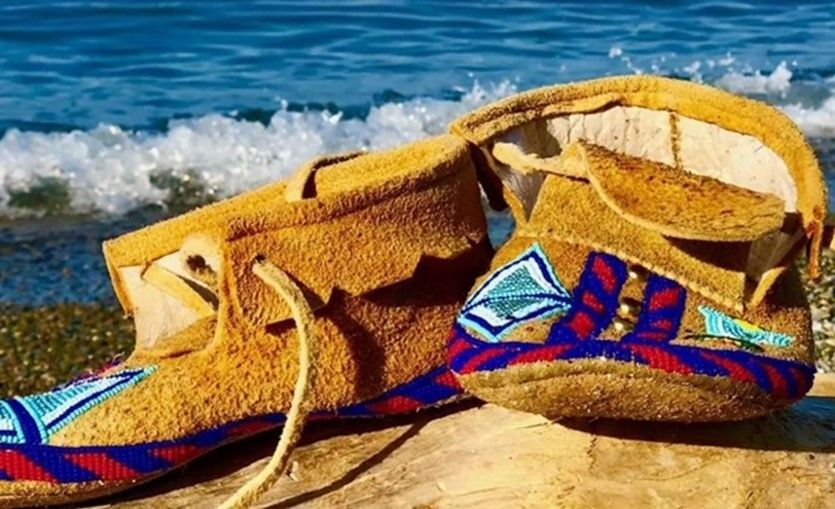
HOW TO REACH US
(705) 849-8796
P.O. Box 73, 511 B Highway 17
Serpent River First Nation, P0P 1B0
USEFUL LINKS
SUBSCRIBE TO OUR NEWSLETTER
You need a helping hand with your project?
Thank you for your subscription!
We appreciate your interest in Bimaadzwin and look forward to sharing our continued progress.
Please try again later
All Rights Reserved | Bimaadzwin
